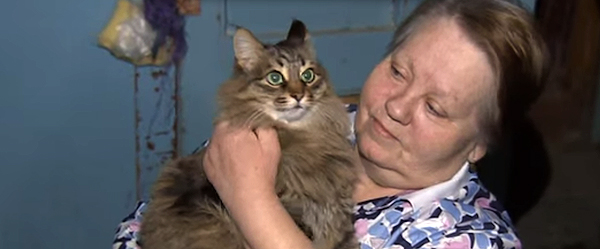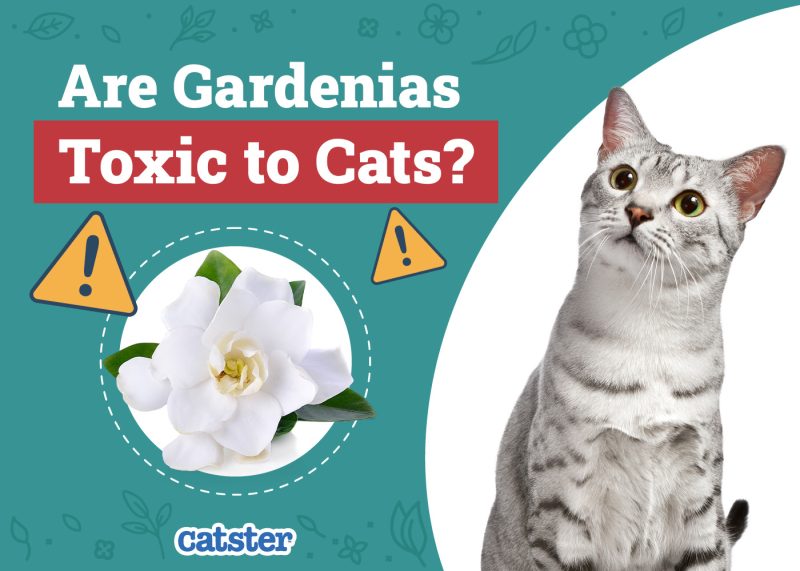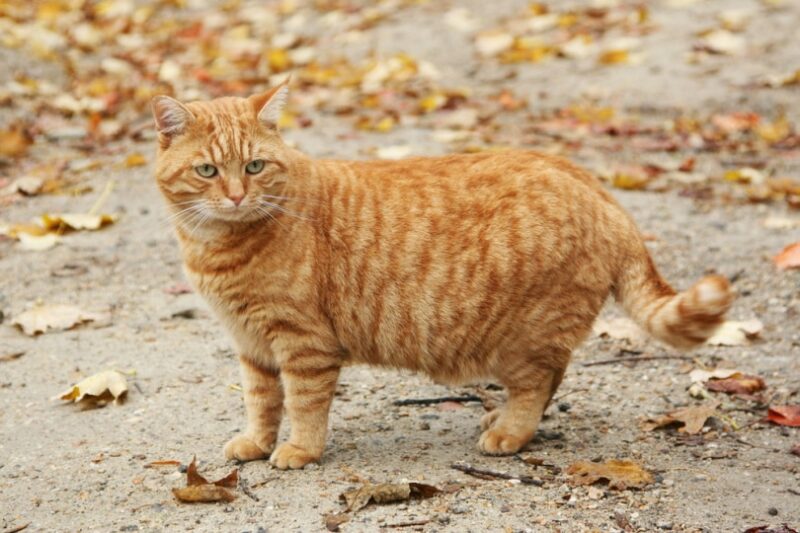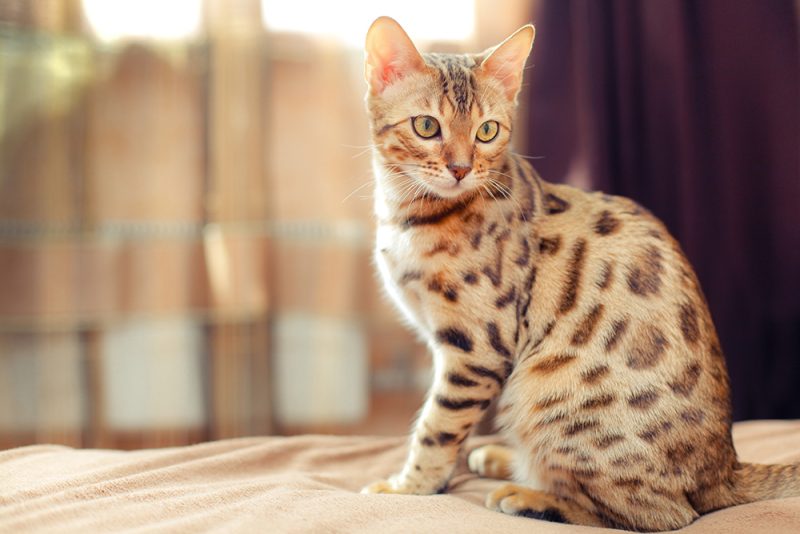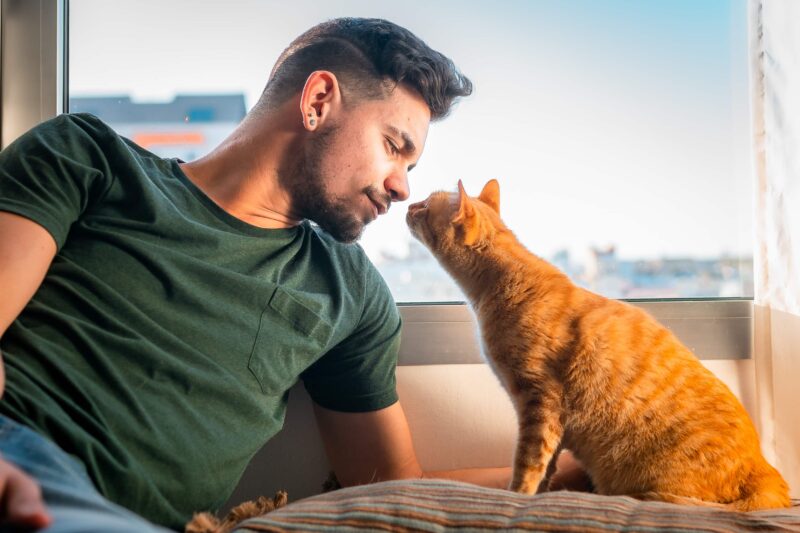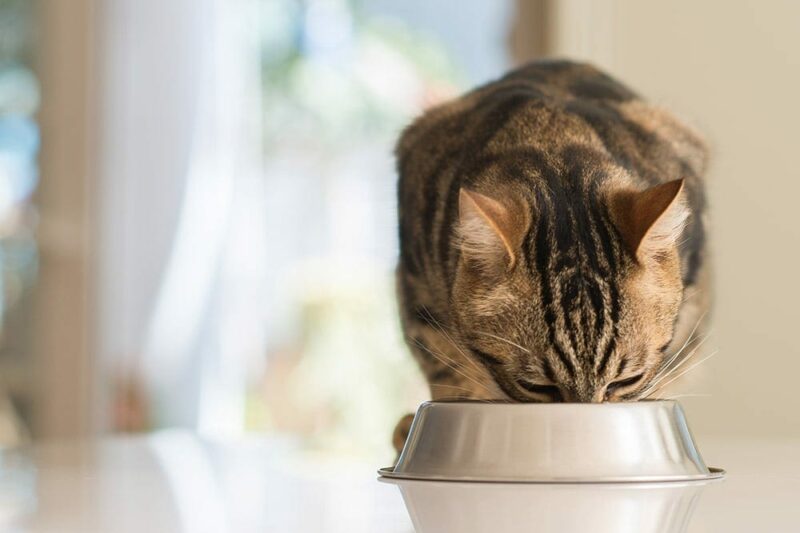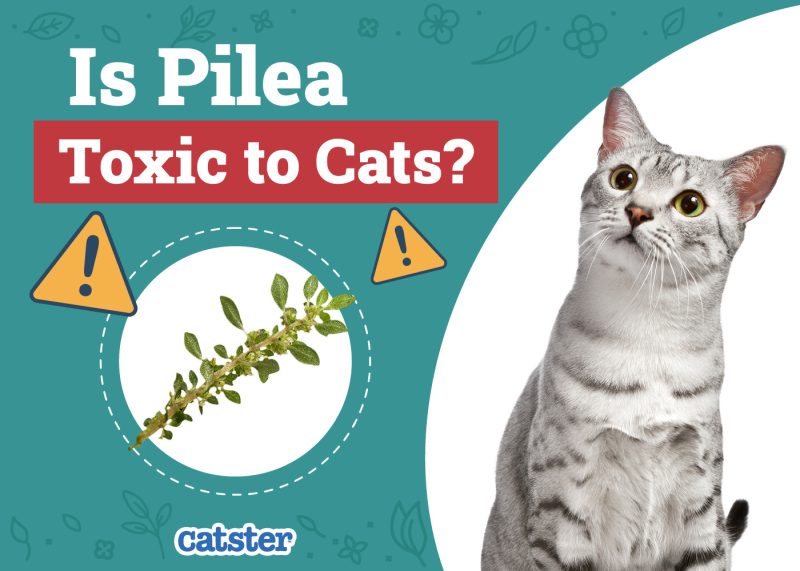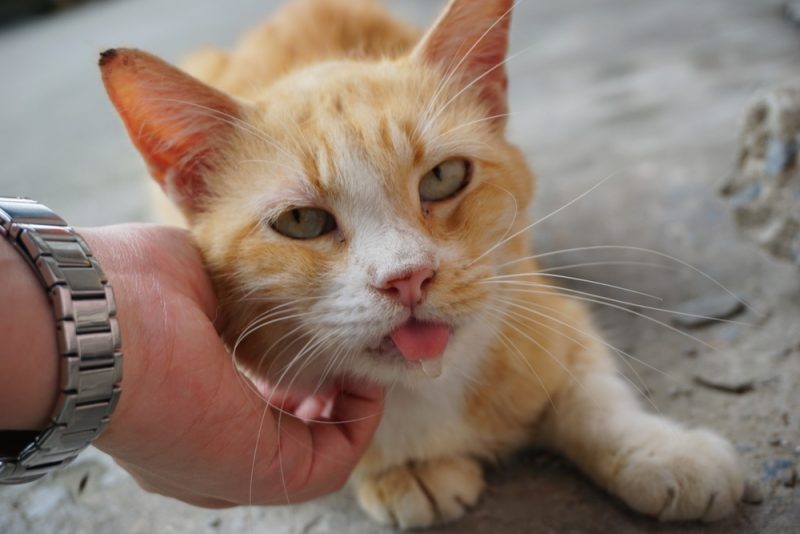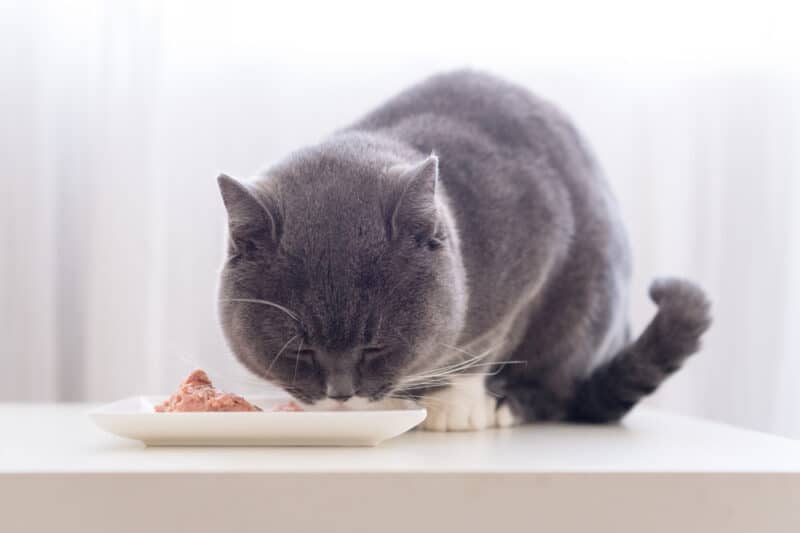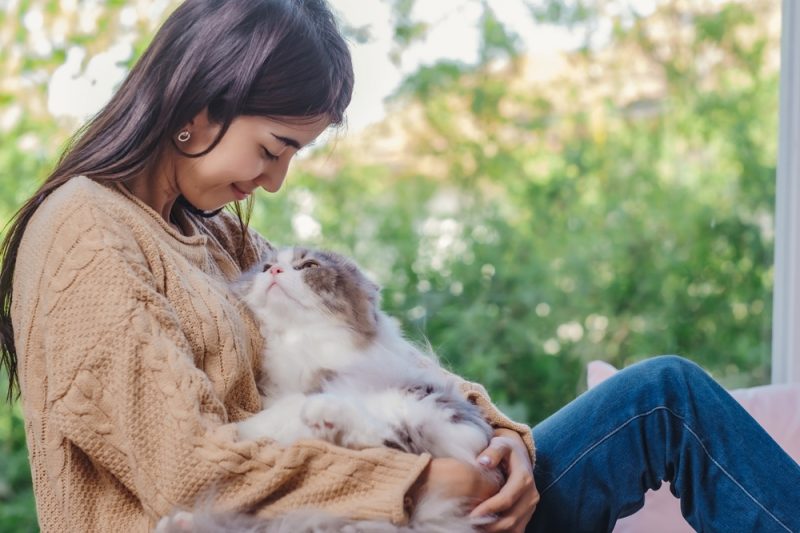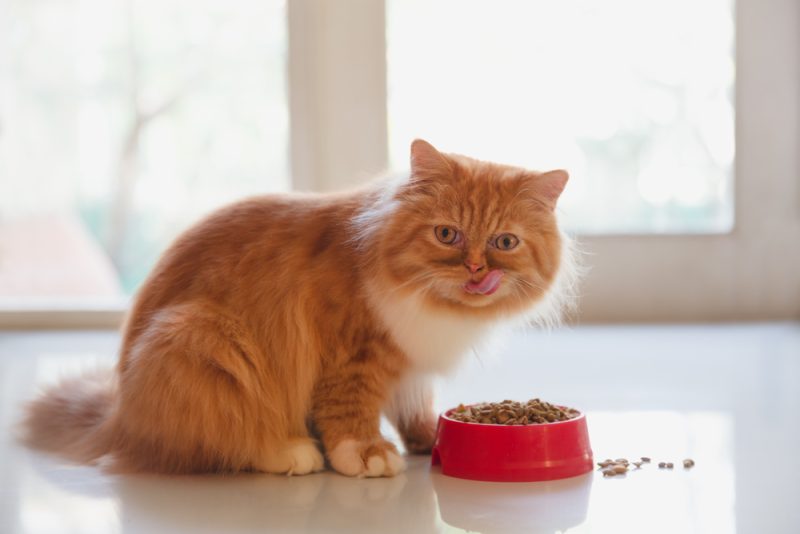If you’ve decided to get some pet insurance for your cat, good for you! Your beloved feline companion deserves to have his healthcare safeguarded with insurance. After all, most cat owners know that veterinary care can cost a small fortune, especially if surgery or extensive treatment is required. If your kitty is in an accident or gets seriously ill, pet insurance may be the one thing that saves his life.
When you’re ready to pull the trigger on pet insurance for your cat, you likely are wondering what’s covered in the typical pet insurance policy. We’ve done the hard work for you by including a list of things that are usually covered in pet insurance for a cat.

What’s Typically Covered in Cat Insurance
The first thing to know is that different pet insurance plans cover different things. This is why you must read through your policy and ask your insurance representative any questions you may have about the policy.
Generally, most pet insurance plans cover the costs associated with the following:
- Treatment for unexpected injuries and accidents like poisonings, sprains, broken bones, etc.
- Treatment for chronic illnesses like allergies, arthritis, skin conditions, etc.
- Diagnostic testing like X-rays, CT scans, blood tests
- Required surgery
- Hospitalization
- Emergency care and exam fees
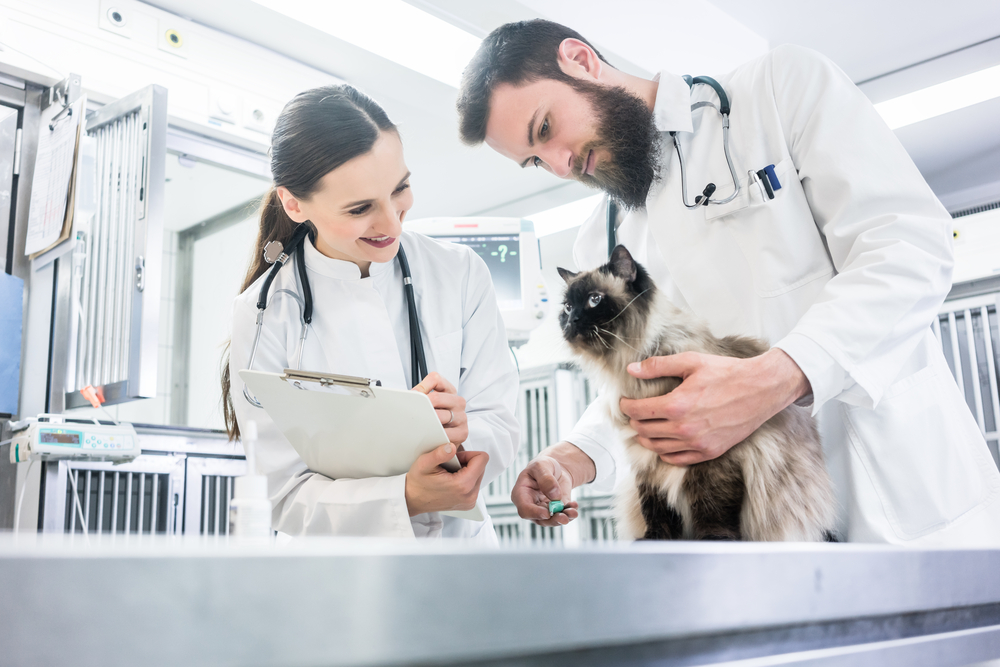
Some pet insurance plans offer dental coverage which takes care of the costs associated with things like dental illnesses including periodontal disease and accidents like broken teeth. However, if you want to add dental coverage to your pet insurance policy, expect to pay extra.
If you want to save money on your pet insurance, think long and hard about your cat’s overall health and age. Instead of paying around $30 a month (or more) for extensive coverage, it’s much cheaper to buy accident-only pet insurance that usually costs under $10 a month. A good idea is to speak to your vet who knows your cat’s health history well.
What Affects the Cost of Pet Insurance for a Cat?
The price you’ll have to pay for insurance coverage for your cat typically depends on several factors, including:
- The Type, Gender, and Breed of Cat You Own: Some cat breeds are predisposed to certain health problems resulting in higher insurance costs. For example, Persians are susceptible to developing polycystic kidney disease (PKD) which comes with higher healthcare costs that affect insurance rates.
- Your Cat’s Age: The older your cat gets, the more likely it is that he’ll need to see the veterinarian. This means older cats typically cost more to cover with insurance and especially when it’s time to renew an existing policy.
- Where You Live: Your location plays a role in how costly your pet insurance will be on average. You can expect to pay more if you live in a big sprawling city than someone living in a smaller community. Generally, pet insurance is more costly in big urban areas because vet fees tend to be higher.

Pet Insurance for a Cat Is Well Worth It
Without pet insurance, you’re taking a risk. For example, if your uninsured cat is injured in an accident or becomes ill and needs medical attention, you’ll have to cover the costs of his medical care yourself by dipping into your savings or racking up a big credit card debt. So it’s better to be safe than sorry.
Always consider your budget when looking at pet insurance policies. Instead of struggling to pay a hefty monthly fee that you can’t really afford, trim down your cat’s coverage just enough to make the policy more affordable. But if you can afford to get full coverage for your cat that even includes some dental care, go for it because it’s worth every penny.
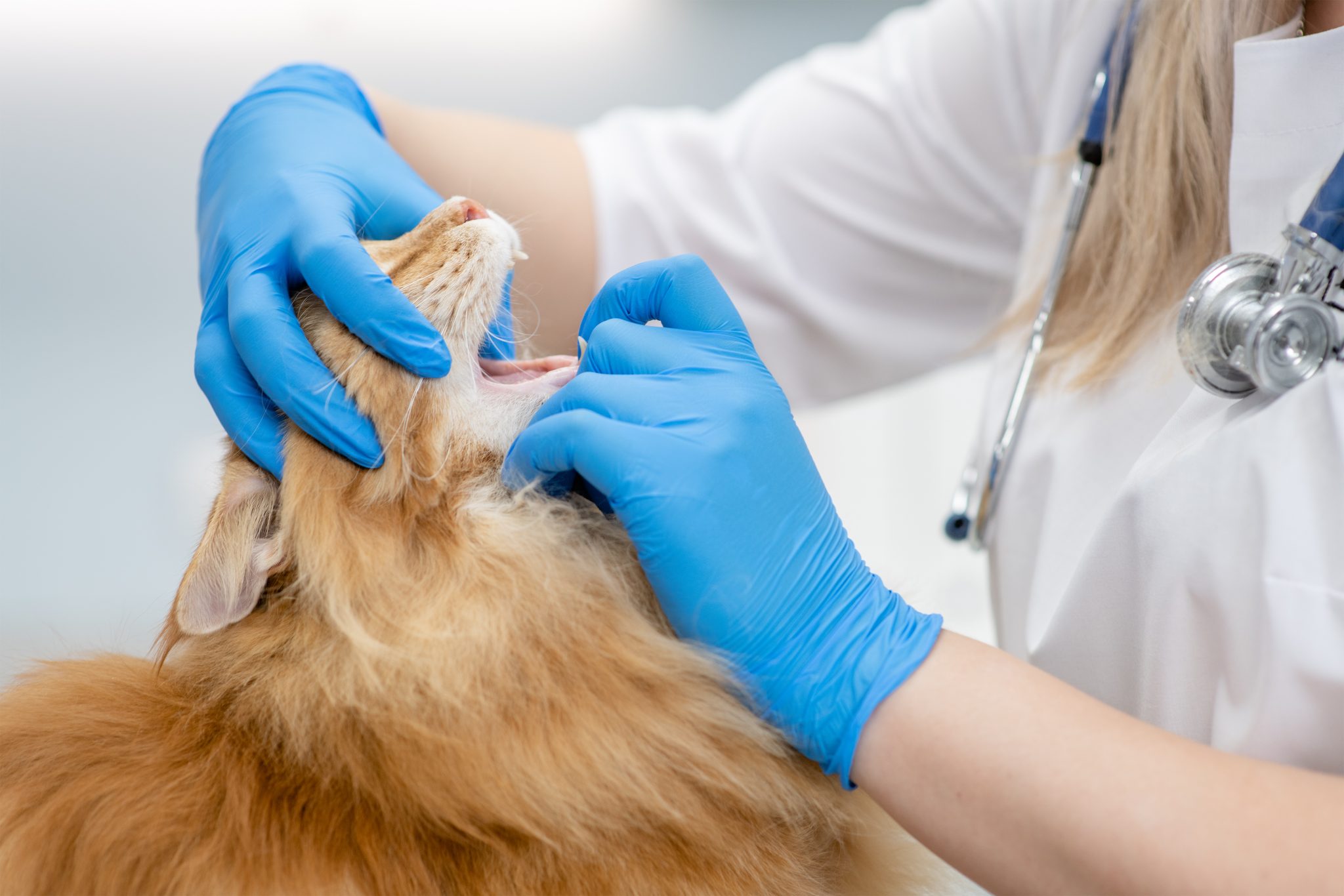

Conclusion
If you can’t afford to tuck a few thousand dollars away for your cat to use to cover any medical care he may need, you should get pet insurance. While pet insurance can save you a bundle of cash, it’s also an expense you should consider carefully.
Before buying a pet insurance policy for your cat, consider his needs and your budget. Even though you’ll have to pay a monthly fee, you’ll be given the peace of mind knowing you’re doing what’s best for your cat.
See Also:
- Pet Care Insurance Review: Pros, Cons & Verdict
- What Is the Cost of Pet Insurance Complete Price Guide
Featured Photo Credit: Rawpixel.com, Shutterstock



